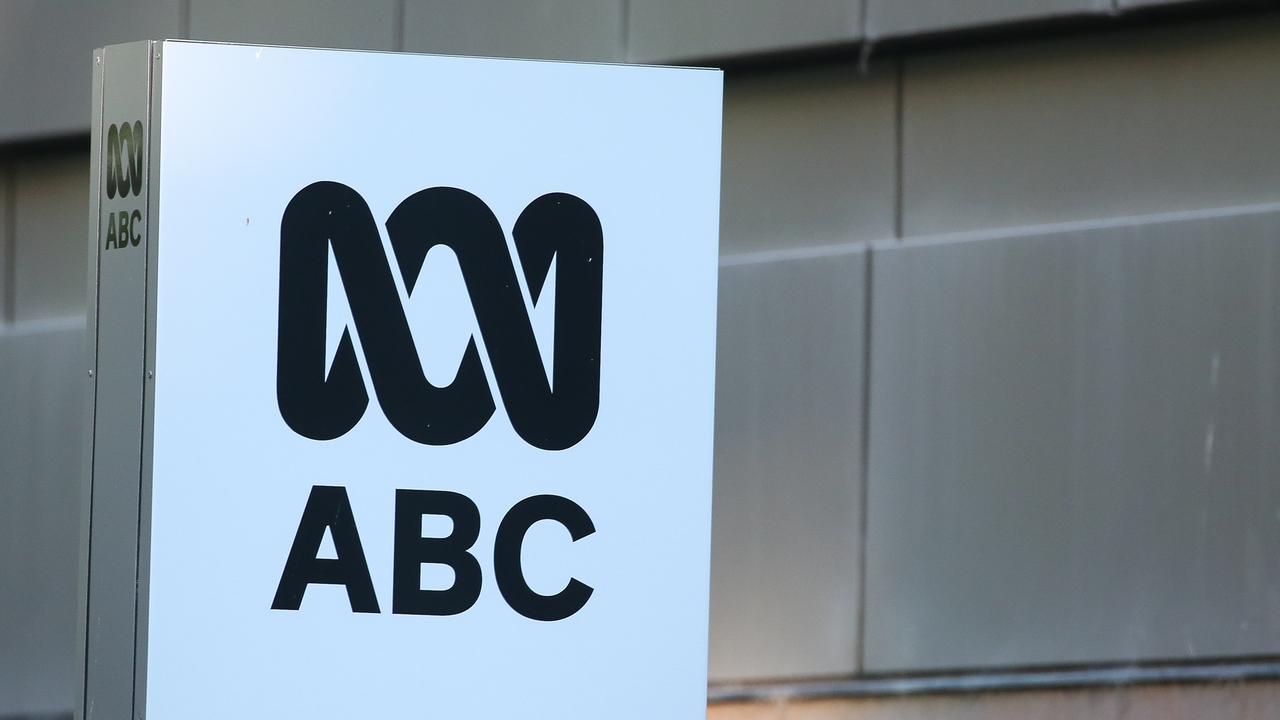I experienced my first market crash in November 1960 when the then treasurer Harold Holt declared that interest on borrowing would not be tax deductible. The 1960 economy was over-extended and highly borrowed. The market tanked.
I watched the impacts from that fall spread throughout the economy and into the property market. In the intervening decades I have been through many crashes and all of them have had similar origins — credit squeezes, high interest rates, commodity turmoil and so on.
And the only major exception to that was the market decline that came out of the 9/11 disaster.
But the 2020 crash is different because it has been caused by a toxic combination of a virus and a more conventional downward thrust trigger — a sharp fall in oil prices.
That makes normal crash predictions hazardous. But I think it is possible to map this crash and, because of its unique origins, there is at least a chance it might not cause great capital market structural damage.
But with CBA falling 38 per cent and Westpac 48 per cent from their peaks at one point yesterday that hope is fading.
However the virus is closely related to age. To put it starkly, people over 60 who catch it have a one in six chance of dying so there is real fear. When I talk to retailers whose main market is people aged 40 and below they are hardly noticing any effect.
A lot of journalists are also in this age bracket. But those retailers selling to people aged over 50 have seen a huge downturn and that of course includes the travel market where older people represent a big portion.
Once the virus impact is transferred into instability in the banking system and the financial structures of a country then all the normal crash rules will apply.
For example, Italy reached the structural damage stage and so the nation faces a terrible crisis which is likely to affect the whole of Europe. At least in the short to medium term Britain made the right call.
The impact of the virus in America is similar to Australia but what is alarming in the US market are the dangerous signals coming out of the credit arena. America has the biggest corporate bond market in the world and a very big chunk of that market comprises debt securities that have a higher degree of risk than top-rated companies.
And the largest part of that higher risk market are bonds issued by energy companies led by shale. The collapse in the oil price has caused the bonds to fall and has lifted the cost of borrowing, not just in the energy sector, but the entire mid-range corporate sector. If oil prices recover or Trump is smart enough to contain the shale trouble then long-term damage will be contained.
But every day that goes by is causing nervousness in US debt markets and slashing the price of bank shares. Citicorp is down nearly 50 per cent and that effect flows through into Australian securities and property trusts and toll roads. It is the combination of the rising cost of mid-range corporate debt and the virus that make the situation so dangerous.
Meanwhile the age differential may delay the flow-on to the real estate market because the thrust of home buying is among younger people. Although, if like Italy, we start to see structural damage in our capital markets then house prices will certainly fall because the crash will then be of a more conventional nature. Having said that, longer term, we face a serious shortage of housing stock.
Around the world the suddenness of this change has caught chief executives off guard and all they can think about is slashing services instead of adapting their businesses to new circumstances.
For example if I was Alan Joyce of Qantas I would think of a way of making my aircraft “safer” for older people. Maybe there would be a special cleaning after each flight; middle economy seats might be empty and each seat would have a bottle of hand wash or gloves. That is merely a suggestion but each Australian enterprise needs to look at how to make older people use their services or products once again.
Josh Frydenberg and Scott Morrison are urging people to spend but that can’t work because older people’s savings have been ravaged and, as we have seen in previous crashes, that causes the population to save more.
You can’t win by urging them to behave in a way that goes against their instincts. It reminds me of the 1974 incident in South Australia where there was a long queue of people wanting to withdraw their deposits from the troubled Hindmarsh Building Society. Then-premier Don Dunstan asked the crowd via loud hailer not to take their money out. That made them even more frightened, but the building society survived.
Like all other businesses the federal government has to adjust its way of operating and that includes speeding the flow of money in the economy by making sure large enterprises pay quickly.
If China continues its recovery and the damage in the US credit markets can be contained along with the virus then we have a world which is awash with cash and listed asset prices that have been substantially devalued. Unfortunately no one rings the bell at the bottom.



